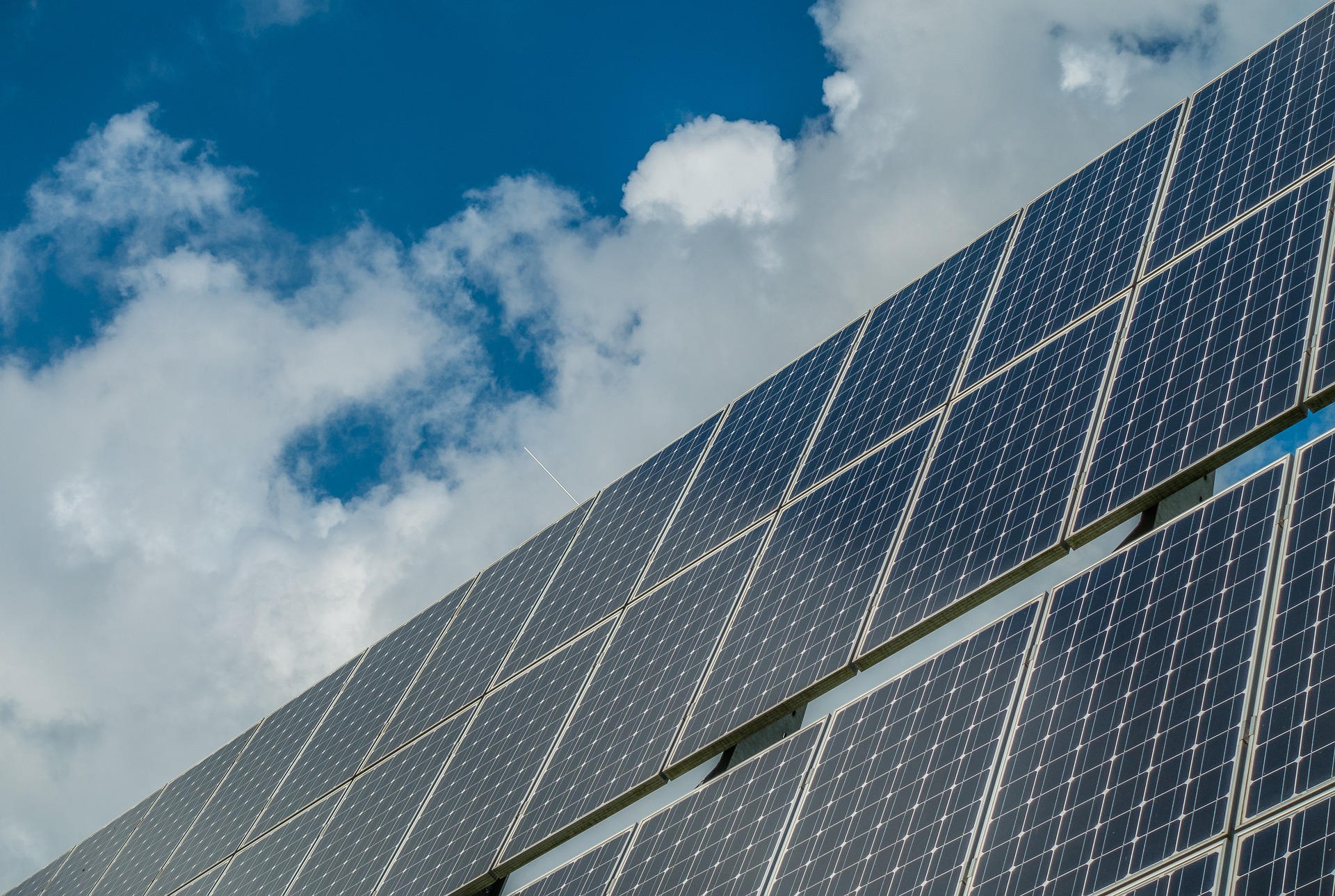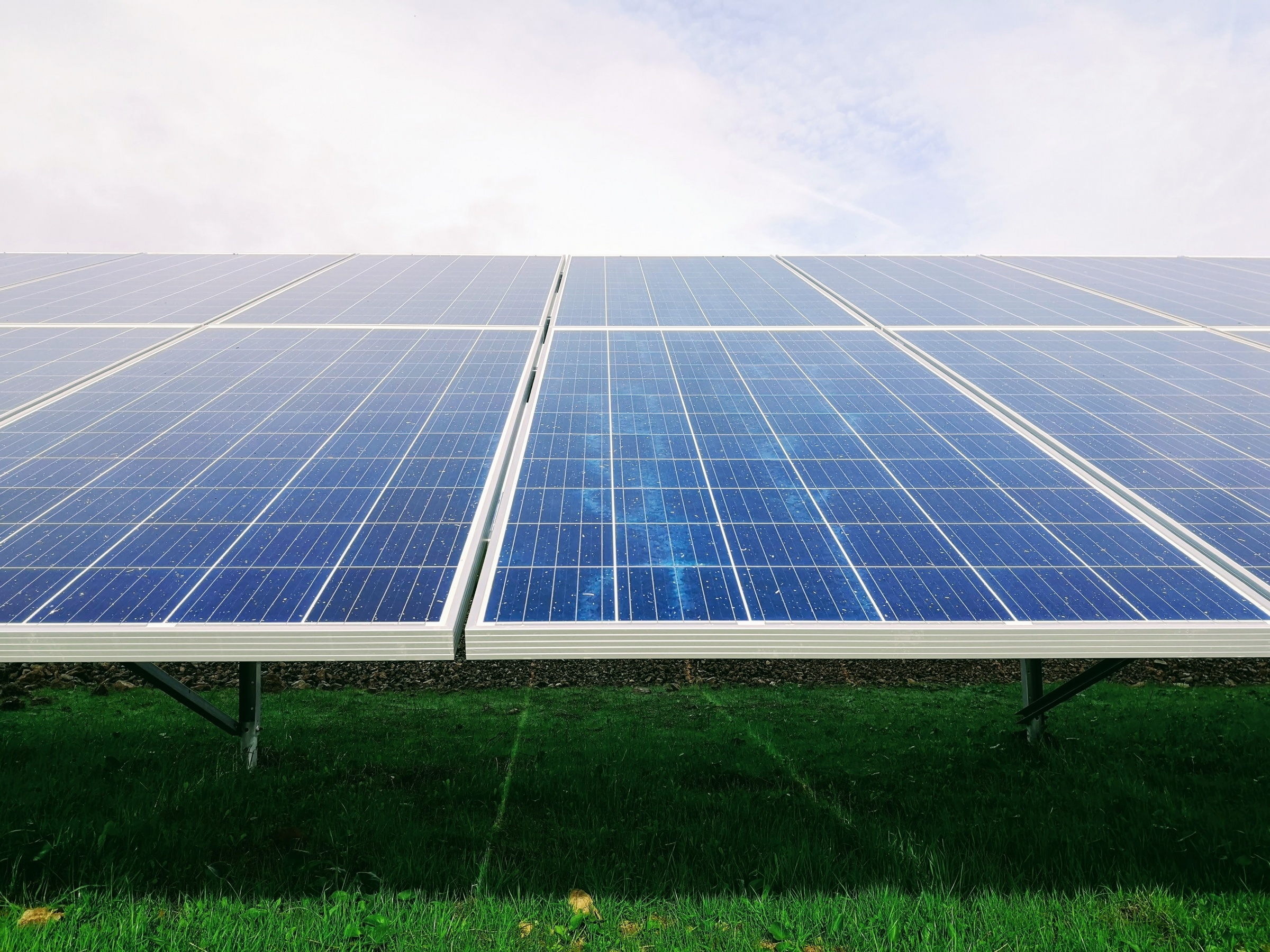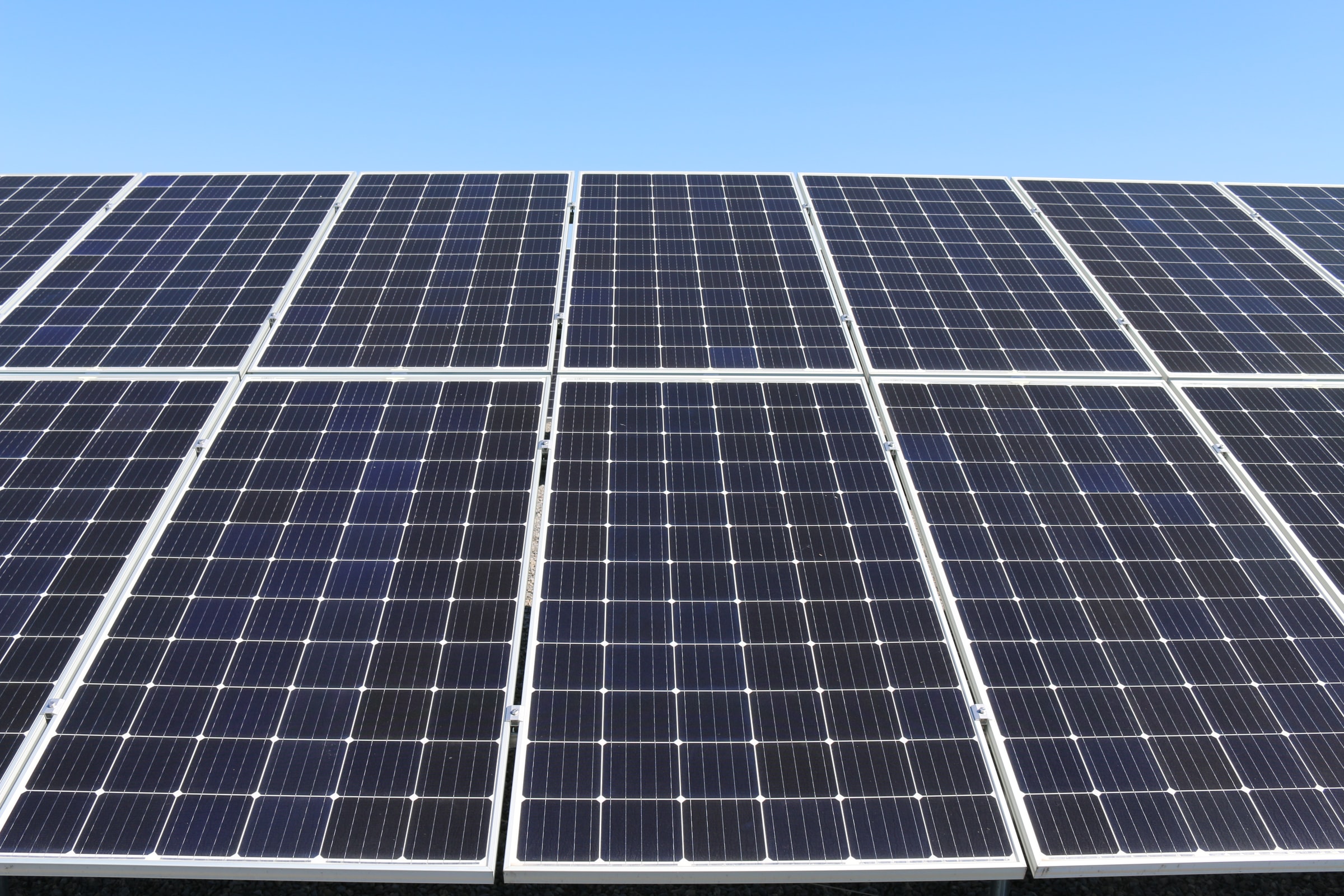Going solar can provide economic relief for low-and-middle (LMI) income households throughout the United States and, indeed, across the world. Under-resourced communities frequently shoulder the heaviest burdens in society—without access to adequate resources or benefits to help tackle these burdens. The deployment of solar projects in LMI communities can benefit these areas in a number of ways, including:
- Reducing consumer electricity costs
- Reducing electricity shutoffs resulting from non-payment
- Creating jobs in the community
- Reducing exposure to pollutants & harmful emissions
- Reducing the use of potentially dangerous heat sources
- Safeguarding critical facilities from from power outages caused by extreme weather events and other disruptions
The implementation of solar power in LMI communities can also boost the supply and quality of affordable housing in a number of ways:
- Including rooftop repairs as part of the solar installation process
- Creating savings for affordable housing providers which can then be used to preserve and expand affordable housing
- Nonprofit organizations that save on utility costs with solar can redirect these savings to their programs
- Single-family homes can increase property value with a solar installation
- Solar energy can democratize energy supply for under-resourced communities
Solar With Justice Report
An in-depth report from the Clean Energy States Alliance, entitled ‘Solar With Justice: Strategies for Powering Up Under-Resourced Communities and Growing an Inclusive Solar Market’, contains a number of recommendations for the implementation of solar in under-resourced communities, with the aim of setting out a path toward further solar deployment and, in turn, the delivery of significant economic, equity, and health benefits for these communities. The full report is available to download at this link.
Equity & Solar Development
As noted in the ‘Solar With Justice’ Report, project developers must build equitable relationships with communities in order to provide the greatest level of benefit from solar deployment. A transparent, trusting relationship between all concerned parties is necessary for the implementation of solar alongside affordable housing in LMI communities. If these LMI communities are empowered to build leadership from within, through the provision of necessary resources and subject-matter knowledge, then they will have the capacity to reap all the available rewards of going solar. The ‘Solar With Justice’ report suggests the following seven elements of community empowerment:
- Establishing trust
- Educating the community
- Building organizational capacity and developing leadership
- Addressing barriers and biases
- Involving relevant stakeholders in constructive engagement
- Increasing community wealth
- Mobilizing resources for program sustainability
Obstacles to Solar Deployment
Unfortunately there are a number of potential barriers to the successful deployment of solar energy for under-resourced communities. The primary obstacle for these communities is an obvious one—a lower income level makes the initial upfront cost of going solar a considerably bigger challenge. Despite the savings offered by solar in terms of lower utility bills each month, assistance is generally required for the initial hurdle of the upfront investment required to install solar. Tackling this issue, as well as other financial, regulatory, and policy-related obstacles, will be necessary to provide solar for LMI communities. The ‘Solar With Justice’ report notes ten key obstacles which must be examined, challenged, and overcome in order to successfully deploy solar in LMI communities:
- The solar market is still developing in many places
- Lack of solar marketer interest and customer awareness in under-resourced communities
- Financial barriers for community institutions
- Competition between solar and existing LMI energy programs
- Policy barriers
- Utility opposition
- Competing priorities for advocates and service groups
- Housing policies
- Finance policies
- Vestiges of discriminatory practices and residential segregation
- Partnerships involving trusted community organizations are essential
- It’s still the experimental phase for LMI solar
- Installations for community institutions deserve special consideration
- Resilience should be a component of LMI solar
- Financial risk needs to be minimized for LMI households and community organizations
- Strong consumer protection is crucial
- Shared solar projects can play a useful role, but they are not a panacea
- Training and workforce development should remain a priority
- Solar education is important
- Increasing the availability of financing for solar projects in under-resourced communities is essential
- State Governments
- Philanthropic Foundations
- Community Organizations
- The Solar Industry
- Municipalities
- Investors
- Other Stakeholders
- Expanding & Improving Project Financing

Solar With Justice Recommendations
The ‘Solar With Justice’ report makes a number of recommendations for tackling the issues noted above and successfully implementing solar energy projects alongside affordable housing in LMI communities. Below are the top ten general findings & recommendations outlined in the report.
The full report, available here, goes into more detail, with specific recommendations for multiple entities, and aspects of LMI solar financing, including recommendations for:
For a deeper understanding of how LMI solar projects get financed, and a number of informative case studies on affordable housing & solar power, please consult the detailed CESS report referenced throughout this article. ‘Solar With Justice: Strategies for Powering Up Under-Resourced Communities and Growing an Inclusive Solar Market’ is available to download here.
Interested in solar panels for your home or business? Or a community solar subscription? Or a solar farm land lease? YSG Solar has been working in the solar sector for over ten years and covers every facet of the industry. To learn more, send us an email or call at 212.389.9215 today.
YSG Solar is a project development vehicle responsible for commoditizing energy infrastructure projects. We work with long-term owners and operators to provide clean energy assets with stable, predictable cash flows. YSG's market focus is distributed generation and utility-scale projects located within North America.
Sources:
All information in this article is courtesy of the report, ‘Solar With Justice: Strategies for Powering Up Under-Resourced Communities and Growing an Inclusive Solar Market’, by the Clean Energy States Alliance.
https://www.cesa.org/projects/solar-with-justice/
https://www.cesa.org/wp-content/uploads/Solar-with-Justice.pdf
Featured Photo by MICHAEL WILSON on Unsplash.

